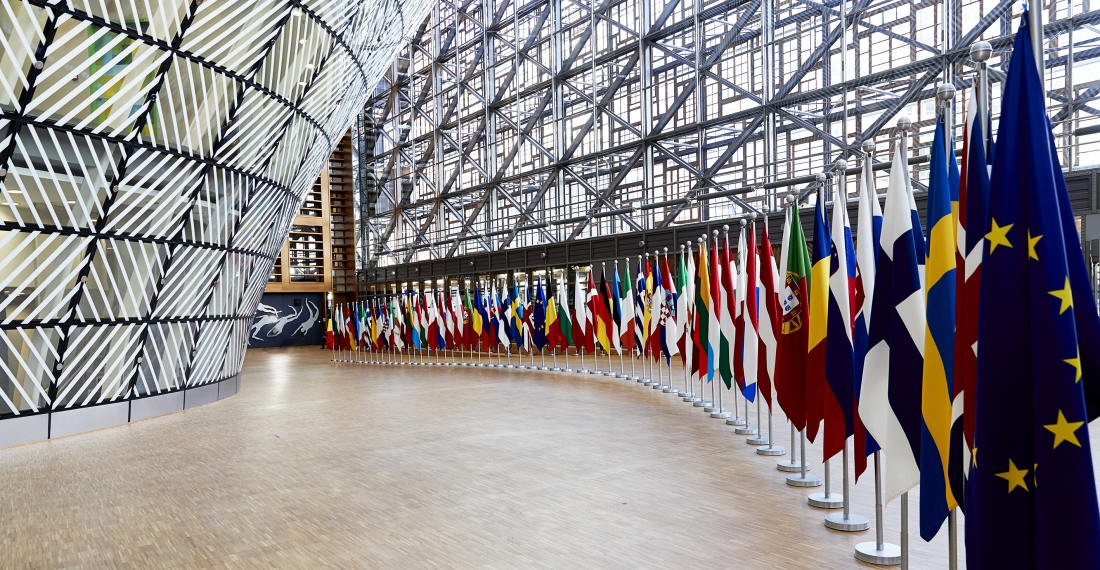The quest for a more geo-strategic Europe continues on Monday when the foreign ministers of the 27 EU member states meet in Brussels in the format of the Foreign Affairs Council to discuss transatlantic relations and the EU’s strategic autonomy.
“The EU welcomes the new US Administration and its commitment to common values and a rules-based international system. Commitment to this system is also a prerequisite for stronger autonomy of the EU,” Finland's Minister for Foreign Affairs Pekka Haavisto said ahead of the meeting.
At the meeting, the foreign ministers will discuss the EU’s common messages to the new US Administration and the possibilities to strengthen the transatlantic relationship. The foreign ministers will also discuss the development of the strategic autonomy of EU foreign policy. This is the first time the foreign ministers will have a proper discussion on the issue, with some Nordic countries saying that this must mean more responsibility and determined promotion of the EU’s values and interests in external relations – not isolation or withdrawal from partnerships.
“It is important to Finland that the United States’ commitment to European security continues. The EU and the US must strengthen the rules-based international system together and cooperate more closely on global issues,” says Finnish Minister for Foreign Affairs Haavisto ahead of the Brussels meeting.
The meeting will also shortly discuss other topical issues, including the situation in Georgia, Venezuela, Hong Kong and Turkey and the Eastern Mediterranean.
source: commonspace.eu with the press service of the Ministry of Foreign Affairs of Finland






